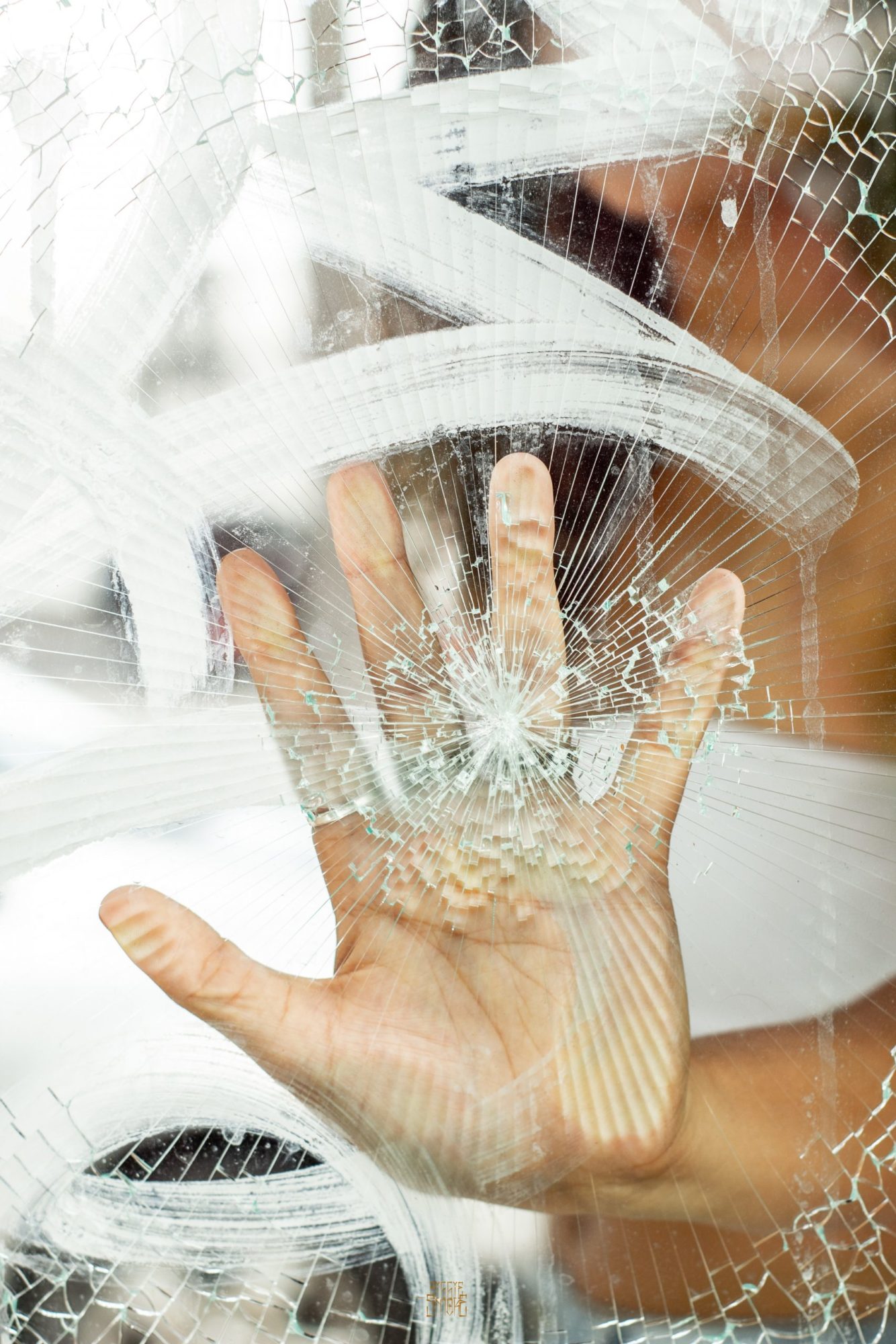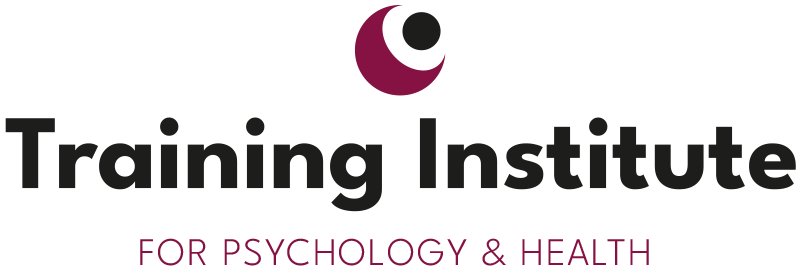Parents under pressure

Parents under pressure and parental burnout are eight times more common today than it was 40 years ago. Is that surprising?
No. While it is true that our grandparents had larger families and went through the war and many other difficulties, their relationship with parenthood was very different from ours today.
In those days, parenting meant keeping your child healthy, providing them with an education, and simply preparing them for life (and in the case of believers, preventing them from committing a mortal sin).
Even though mothers tended to stay at home, the typical parent spent less ‘quality time’ with his or her children. Children spent a lot of time outside and could be left unsupervised for hours on end without anyone objecting! This was normal. And children learned about life and its dangers, with the older children keeping an eye on the younger ones.
Today, things are very different. Sociologist Margaret Nelson says that by today’s standards, the overwhelming majority of parents from 50 years ago would be described as negligent! And yet, children did not develop any worse back then than they do now.
Parents are different today
Attitudes have changed. As a result of numerous historical and sociological upheavals that we will not discuss here, today’s parents are focused on preventing risk and optimizing development. We have entered the era of intensive parenting: child-centered parenting that demands time and energy. This style of parenting* puts a new kind of pressure on parents… and on their children.
Parents are encouraged to follow the advice of the state and of experts. Every day new recommendations seem to appear concerning different facets of development: food, sleep, toys, activities, how to correct ’problematic’ behavior, what emotions to show or not to show your children… No aspect of parenting goes without comment, and more and more aspects are regulated by conventions[1], expert committees[2], or laws[3]. At the same time, there have never been so many poster campaigns about parenting as there are today (no screens before the age of three, no video games before the age of six, etc.). Parents used to be in charge of their child’s upbringing, but that is definitely no longer the case.
What are the results?
Of course, there have been positive developments and benefits. But many negative consequences can be identified for both parents and children (see our article ‘The worship of the children‘). These include increased levels of stress and possible parental burnout. More and more parents feel this pressure.
Many parents feel lost, and with good reason, because the advice keeps on changing: first scientists recommended putting babies to sleep on their stomach, then on their back, and then on their side. Experts recommended being very strict – and then recommended being very lax. There is no shortage of examples of these contradictions: they can be found in almost every area of child development. As well as causing confusion, they fuel conflict between generations, with grandparents looking on in dismay as their adult children pursue parenting practices that are the opposite of what they themselves were advised to do a generation earlier.
Overwhelmed by regulations and recommendations, parents no longer know which way to turn. Under constant pressure, they can end up exhausted and lose confidence in themselves.
Should we go back to ’the good old days’? Certainly not! But wouldn’t it be wise to try and find a healthy happy medium, and perhaps return to the idea of parents who may not be perfect, but are ’good enough’? We firmly believe so.
*Before the 1960s, the term ‘parenting’ did not even exist!
[1] For example, the Convention on the Rights of the Child (1989).
[2] Committee for European Social Cohesion, Daly (2007).
[3] For example, the law banning smacking in most European countries.

